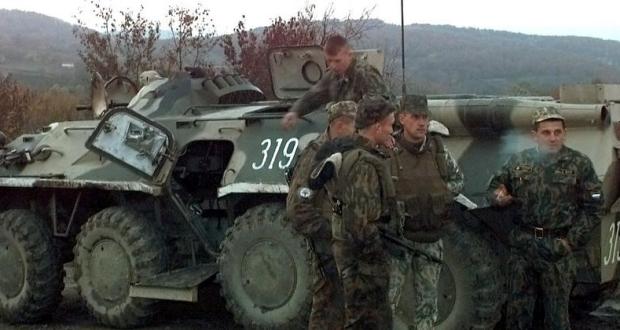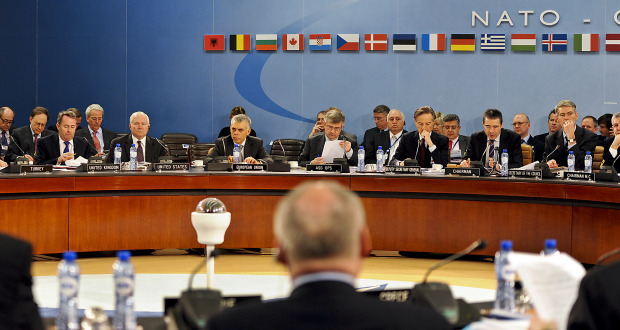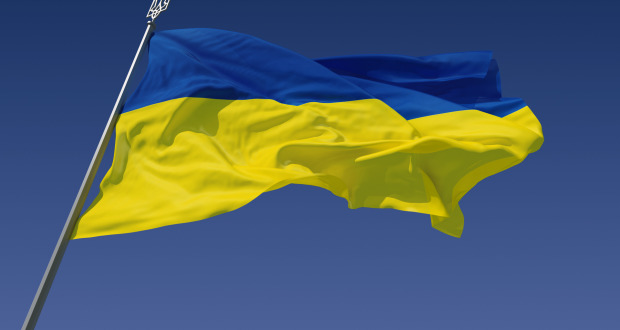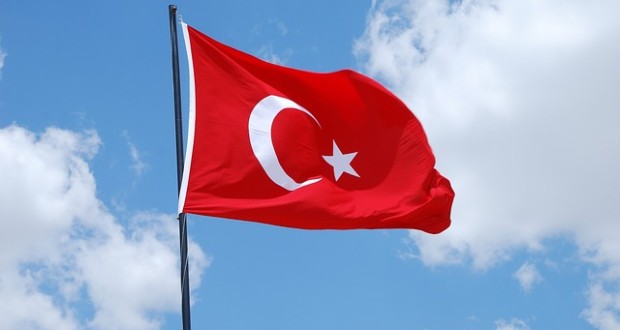Ielizaveta Rekhtman
November 11, 2014
Latest Articles, The Policy Unit
In the light of the Ukrainian crisis and its implications for global political actors, Ukraine’s internal balance of political power has been increasingly topical for Western and Russian analysts. From the Western and Russian perspectives, the Ukrainian crisis is a foreign policy issue with serious, but yet controllable, consequences. For Ukraine, the mounting external involvement has an impact on its internal matters that is hard to measure or control.
Read More »
Stina Hartikainen
October 28, 2014
Europe, Latest Articles, The Policy Unit
On 3 October 2013 a boat carrying over 500 migrants from Eritrea and Somalia sunk off the coast of the Italian island of Lampedusa, leading to the deaths of over 350 people; a few days later, a second incident occurred adding at least another 34 lives to the death toll. Following the tragedy of Lampedusa, the EU and its member states pledged that an end must come to migrant deaths in the Mediterranean, with the EU Parliament calling the incidents a turning point towards a new policy guided by ‘solidarity and responsibility’.[1] One year on, the pledge echoes hollow as new reports of incidents across the Mediterranean surface weekly.
Read More »
Matthew Lower
October 21, 2014
Latest Articles, The Americas, The Policy Unit
Since a 2006 crackdown by the Calderon government against drug cartels operating within Mexico, some estimates put the death toll as high as 120,000.[1] Despite staggering statistics such as these and multiple acts of public brutality, the conflict - and its severity - remains a relative unknown in the West.
Read More »
Emily Daglish
October 15, 2014
Latest Articles, The Policy Unit
Sanctions have become an increasingly popular method of discouraging groups, states and individuals from violating international law and norms. Blacklisting groups became particularly popular after 9/11, after which a number of anti-terrorist legislations were passed by the UN and its member states, including UN Security Council Resolution 1373, the US Patriot Act and the UK Anti-Terrorism, Crime and Security Bill.
Read More »
Matthew Lower
October 2, 2014
Europe, Latest Articles, Middle East and North Africa, The Policy Unit
The 2014 North Atlantic Treaty Organisation summit in Wales was billed as arguably the most important for the alliance following the Cold War. Against a backdrop of tension in Ukraine and unrelenting chaos in the Middle East, the stakes are both immediate and long-term.
Read More »
Stina Hartikainen
October 1, 2014
Latest Articles, Sub-Saharan Africa, The Policy Unit
When the most recent state in the world celebrated its third anniversary in July this year, it was amid renewed ethnic violence and a protracted refugee crisis influencing both the country and the wider region. Having fought for independence from Sudan for decades, the South Sudanese state established in 2011 exhibit all the signs of a weak, and possibly failing, state.
Read More »
Jacob Sharpe
September 29, 2014
Latest Articles, The Policy Unit
Hastings Ismay, the first Secretary General of the North Atlantic Treaty Organization (NATO), famously stated that NATO was meant to “keep the Russians out, the Americans in, and the Germans down.”[1] Following the collapse of the Soviet Union, it would be difficult to argue that NATO had been unsuccessful in attaining these goals. Russia no longer posed a substantial threat to NATO member states, substantial amounts of American political will and troops remain committed to Europe, and a resurgent and militaristic Germany is a laughable thought.
Read More »
Ielizaveta Rekhtman
September 15, 2014
Europe, Latest Articles, The Policy Unit
On July 24th two parliamentary factions left the “European choice” coalition in the Ukrainian parliament.[1] This coalition was formed in February as a result of the Maidan protests. On August 25th, after a month of the coalition breakup, president Poroshenko exercised his constitutional right to dissolve parliament and call for elections, which are likely to be held on October 26th.
Read More »
Daniel Curwin
September 2, 2014
Latest Articles, Middle East and North Africa, The Policy Unit
On August 10th, 2014, Turkish Prime Minister Recep Tayyip Erdogan of the Justice Party and Development Party (AK) made history by winning Turkey’s first-ever direct election for President[1]. The victory capped off a tumultuous third term as Prime Minister which saw Erdogan feud with the judiciary, accuse top military brass of treason, and preside over the violent suppression of peaceful protests[2].
Read More »
Emily Daglish
August 22, 2014
Latest Articles, The Policy Unit
The deadline for a nuclear agreement with Iran has been extended until November 2014, whilst the sides try to bridge gaps that remain between them. At this time, the consequences of an agreement, and those of a failure to reach one, could define regional stability and security in the near future.
Read More »
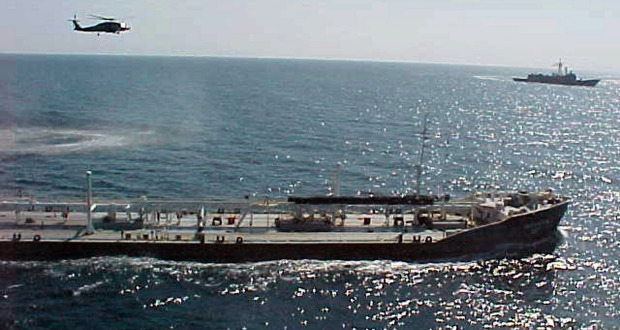
 Human Security Centre Human Rights and International Security Research
Human Security Centre Human Rights and International Security Research
